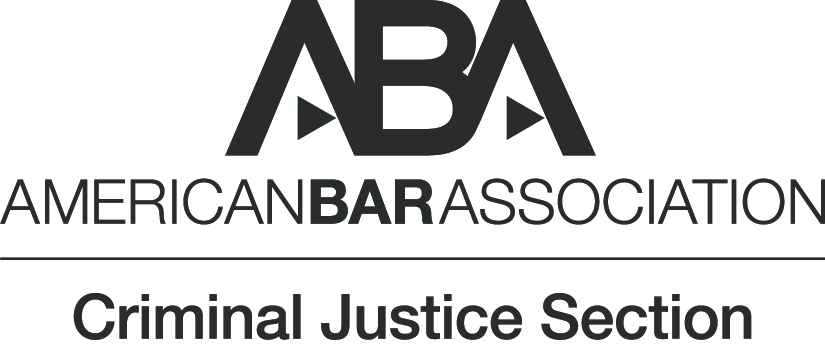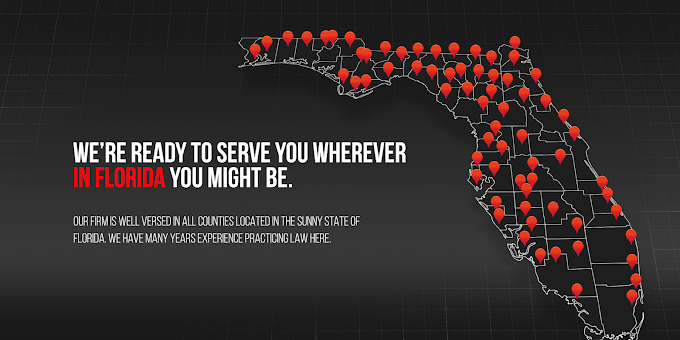






In Florida, adjudication withheld is an essential legal concept in the criminal justice system. It signifies the court’s decision to refrain from formally convicting an individual of a crime, despite a guilty verdict. This explanation elucidates the significance and implications of adjudication withheld in Florida’s legal framework.
Understanding this concept is essential for individuals involved in legal proceedings within the state. Adjudication withheld can impact various aspects of life, including employment and housing opportunities. Delve deeper to comprehend the adjudication withheld meaning and its enduring effects on individuals in Florida.

A Withhold of Adjudication in Florida is a special way of sentencing. It means the judge orders probation without officially convicting the defendant, and this authority comes from Florida Statutes. 948.01 and Florida Statutes. 948.04. After completing the probation, the defendant is then released without facing more punishment for the original offense. It’s important to understand that a withhold of adjudication doesn’t count as a conviction.
As a result, the defendant is spared the negative repercussions associated with a criminal conviction. In essence, a withhold of adjudication acts as a pardon, allowing individuals to improve without a conviction on their record. Defendants can rehabilitate without enduring the social and professional fallout of a criminal conviction. Additionally, it’s advantageous for the court as it conserves resources, including time and money, by avoiding adjudication of the offense.
Also read: What Is A Nolle Prosequi in Florida?

In Florida, a withhold of adjudication allows individuals who have been found guilty of a crime to avoid a formal conviction. Instead of entering a judgment of conviction, the court may decide to withhold adjudication and impose probation or other conditions.
This option gives individuals a chance to prove they can stay out of trouble and avoid the long-term consequences of a criminal conviction. However, not everyone qualifies for a withhold of adjudication.
Factors like the type of offense and the person’s criminal history play a role. Florida statutes, particularly Florida Statute s. 948.01 and Florida Statute s. 948.04, lay out the rules for how a withhold of adjudication is granted and what conditions may apply.

A withhold of adjudication in Florida offers several benefits for individuals facing criminal charges.

The limitations of a withhold of adjudication in Florida are important to consider. Why so? It’s because it can affect the legal standing as well as the future opportunities of an individual. Here are some key limitations:
Also Read: What Are The Expenses To Hire An Expungement Lawyer in Florida?

In Florida, adjudication withheld stays on the criminal record indefinitely unless it is sealed by court order. This means that unless specific legal steps are taken to seal the record, it persists in the criminal history.
Although not a conviction, adjudication withheld can affect several life aspects, like employment and housing background checks. Individuals should acknowledge its lasting presence on their record and explore sealing options to mitigate potential consequences.
Also Read: What Are The Requirements To Expunge A Record in Florida?
Adjudication withheld may still appear on a background check in Florida unless the record is sealed by court order.
Generally, adjudication withheld does not disqualify a person from owning a firearm in Florida. However, certain cases may include restrictions during probation. Violating these terms can lead to further consequences.
Adjudication and conviction are distinct legal terms. While adjudication implies a judicial decision on a case, a conviction involves a formal declaration of guilt. Adjudication withheld means there’s no formal conviction, but the case is not dismissed.

























